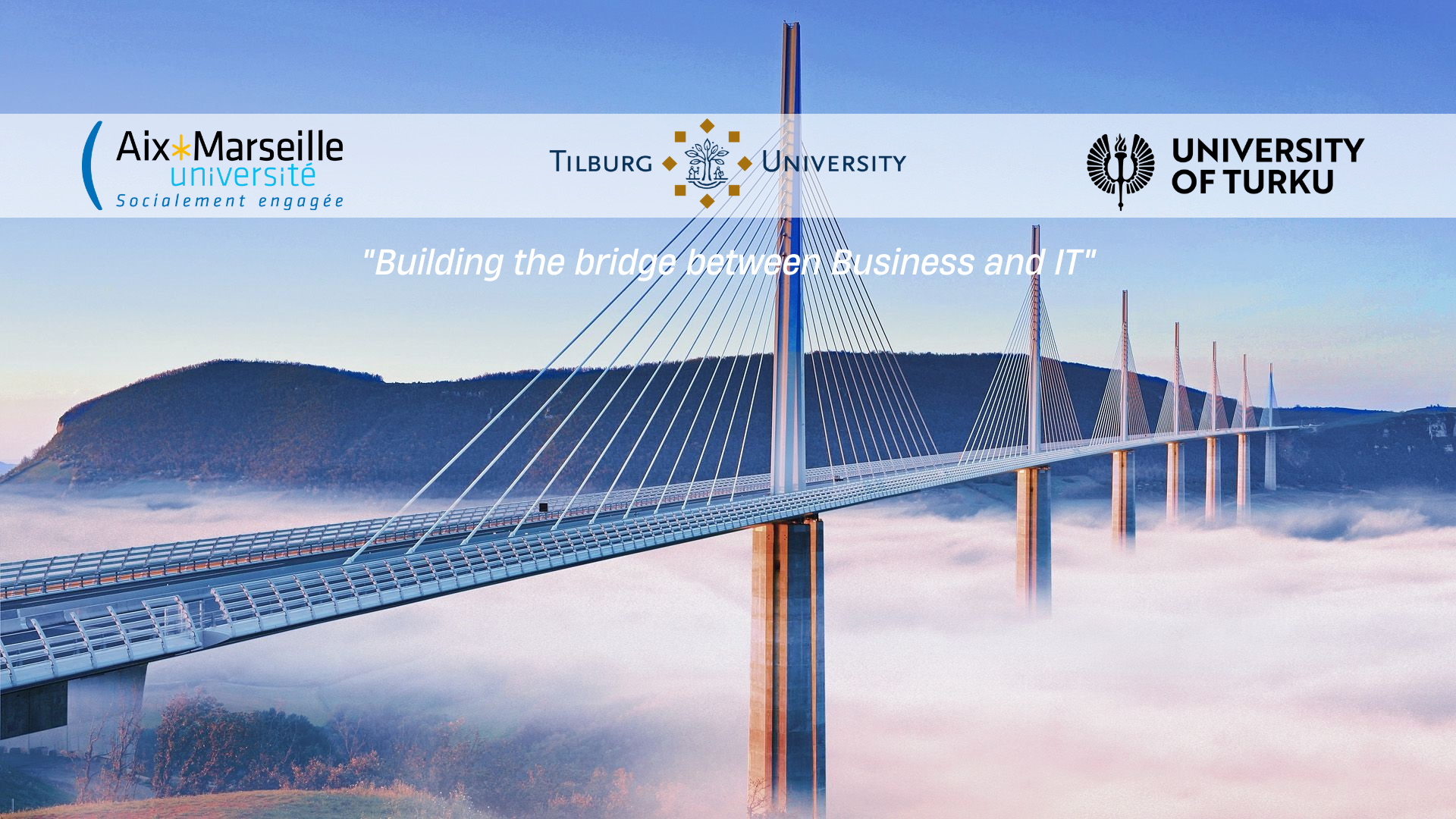Subject: Employee-AI Collaboration
Title: Socio-Technical Factors Shaping Employee-AI Collaboration
Abstract:
Despite significant organisational investments in AI technologies, 70-85% of AI initiatives fail to achieve their projected value due to inadequate understanding of the human factors driving successful employee-AI collaboration. Using a socio-technical systems perspective to analyse intricate relationships between technological, organisational and individual components, this study explores the socio-technical characteristics that impact employee-AI collaboration in digital workplaces. This study examines five key factors: AI literacy, AI explainability, organisational support, task variety and paradoxical tensions. A quantitative cross-sectional survey was conducted at Doctolib, a European healthcare technology company that implemented enterprise-wide AI capabilities in February 2025. Data from 73 employees were analyzed using PLS-SEM to test relationships between five socio-technical factors and employee-AI collaboration outcomes. The key finding demonstrates that AI literacy serves as the most critical factor in determining collaborative success (β = 0.498, p = 0.016), providing empirical validation of Wang et al.’s (2022) four-dimensional AI literacy framework in a real organisational setting. However, contrary to theoretical expectations, AI explainability, task variety and paradoxical tensions showed no significant relationships with collaboration. Most surprisingly, organisational support failed to demonstrate any moderating effects, challenging traditional technology acceptance frameworks. The research validates AI literacy theory whilst challenging dominant narratives in explainable AI research. For practitioners, the findings suggest that organisations should prioritise comprehensive AI literacy programs addressing awareness, usage, evaluation and ethics dimensions rather than focusing on traditional organisational support mechanisms. This research demonstrates that successful employee-AI collaboration requires AI-specific approaches to implementation and capability development, highlighting the need for new theoretical frameworks that move beyond conventional technology adoption models.
Key words: Employee-AI collaboration, socio-technical systems, AI literacy, organisational support, PLS-SEM
